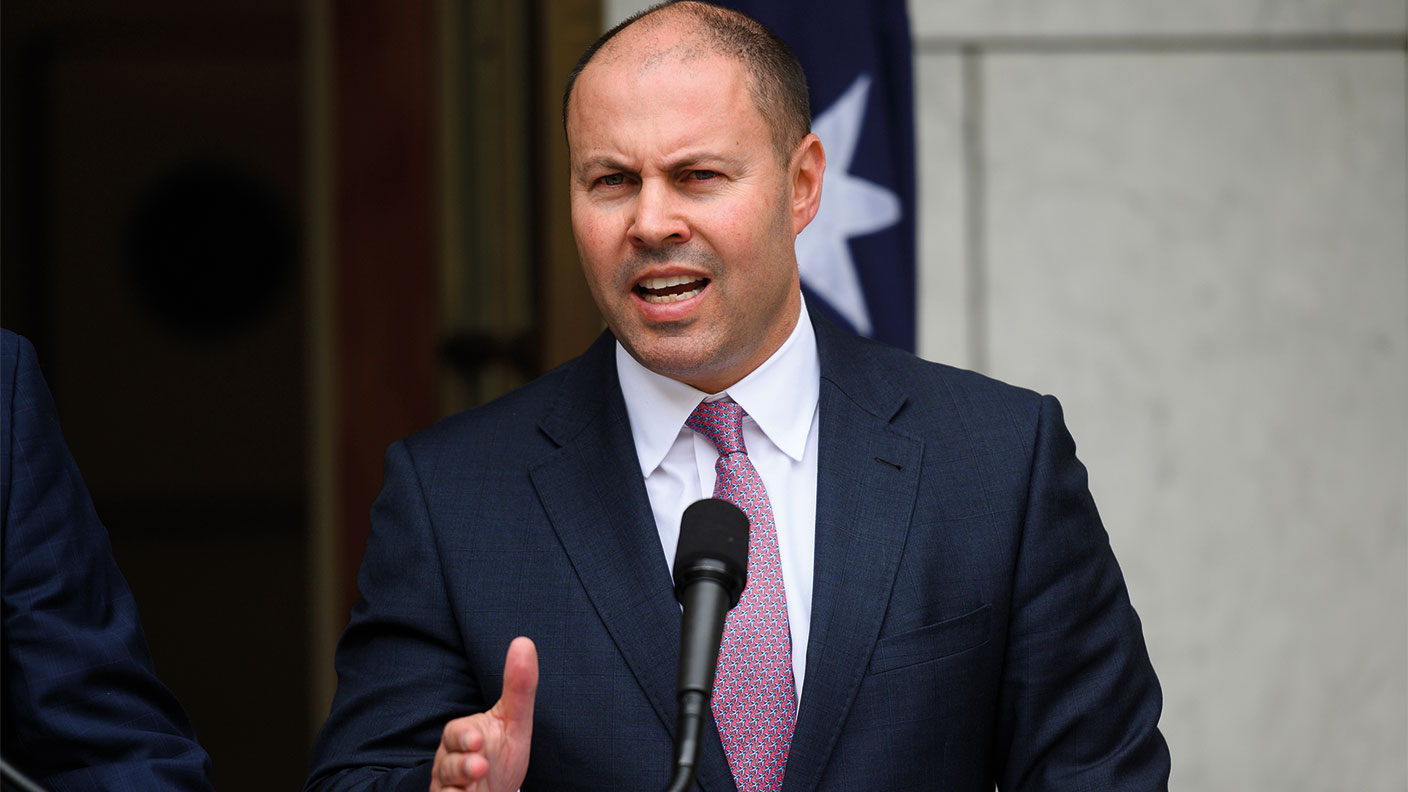Tech giants made to pay for using news publishers' content
Australia's government is to make Google and Facebook pay local media organisations for their content.


Get the latest financial news, insights and expert analysis from our award-winning MoneyWeek team, to help you understand what really matters when it comes to your finances.
You are now subscribed
Your newsletter sign-up was successful
Want to add more newsletters?
In the latest twist in the debate over whether the tech giants are “unfairly benefiting from news articles that they link to”, the Australian government will force Google and Facebook to pay local media organisations for their content, says Mike Cherney in The Wall Street Journal.
While publishers have “long sought” compensation from Google and Facebook, which boost their own traffic by including news links, the tech giants have resisted paying for news content. They insist that publishers benefit by getting large amounts of traffic directed to them. Australia’s treasurer Josh Frydenberg (pictured) said the amount that the tech giants would be told to pay to local media organisations would be in the “millions of dollars”.
No wonder Australia has acted, says Jeffrey Goldfarb, for Breakingviews. After all, Google and Facebook account for “some 71% of spending in the $5.8bn online advertising market”, while the government has promised to help broadcasters and newspapers who are desperate for money. Still, the sums raised “probably won’t be enough” to save many “struggling” media companies.
Try 6 free issues of MoneyWeek today
Get unparalleled financial insight, analysis and expert opinion you can profit from.

Sign up to Money Morning
Don't miss the latest investment and personal finances news, market analysis, plus money-saving tips with our free twice-daily newsletter
Don't miss the latest investment and personal finances news, market analysis, plus money-saving tips with our free twice-daily newsletter
And there’s always the possibility that Google and Facebook could simply “pull news content” from their Australian searches if the law required them “to pay for using it”, says Margaret Simons in The Guardian. After all, when Spain made payment compulsory, Google simply ended Google News for that country. However, with regulators across the world starting to work together it is hard to see how the tech giants can avoid agreeing a deal eventually.
Get the latest financial news, insights and expert analysis from our award-winning MoneyWeek team, to help you understand what really matters when it comes to your finances.

-
 Student loans debate: should you fund your child through university?
Student loans debate: should you fund your child through university?Graduates are complaining about their levels of student debt so should wealthy parents be helping them avoid student loans?
-
 Review: Pierre & Vacances – affordable luxury in iconic Flaine
Review: Pierre & Vacances – affordable luxury in iconic FlaineSnow-sure and steeped in rich architectural heritage, Flaine is a unique ski resort which offers something for all of the family.
-
 Halifax: House price slump continues as prices slide for the sixth consecutive month
Halifax: House price slump continues as prices slide for the sixth consecutive monthUK house prices fell again in September as buyers returned, but the slowdown was not as fast as anticipated, latest Halifax data shows. Where are house prices falling the most?
-
 Rents hit a record high - but is the opportunity for buy-to-let investors still strong?
Rents hit a record high - but is the opportunity for buy-to-let investors still strong?UK rent prices have hit a record high with the average hitting over £1,200 a month says Rightmove. Are there still opportunities in buy-to-let?
-
 Pension savers turn to gold investments
Pension savers turn to gold investmentsInvestors are racing to buy gold to protect their pensions from a stock market correction and high inflation, experts say
-
 Where to find the best returns from student accommodation
Where to find the best returns from student accommodationStudent accommodation can be a lucrative investment if you know where to look.
-
 The world’s best bargain stocks
The world’s best bargain stocksSearching for bargain stocks with Alec Cutler of the Orbis Global Balanced Fund, who tells Andrew Van Sickle which sectors are being overlooked.
-
 Revealed: the cheapest cities to own a home in Britain
Revealed: the cheapest cities to own a home in BritainNew research reveals the cheapest cities to own a home, taking account of mortgage payments, utility bills and council tax
-
 UK recession: How to protect your portfolio
UK recession: How to protect your portfolioAs the UK recession is confirmed, we look at ways to protect your wealth.
-
 Buy-to-let returns fall 59% amid higher mortgage rates
Buy-to-let returns fall 59% amid higher mortgage ratesBuy-to-let returns are slumping as the cost of borrowing spirals.